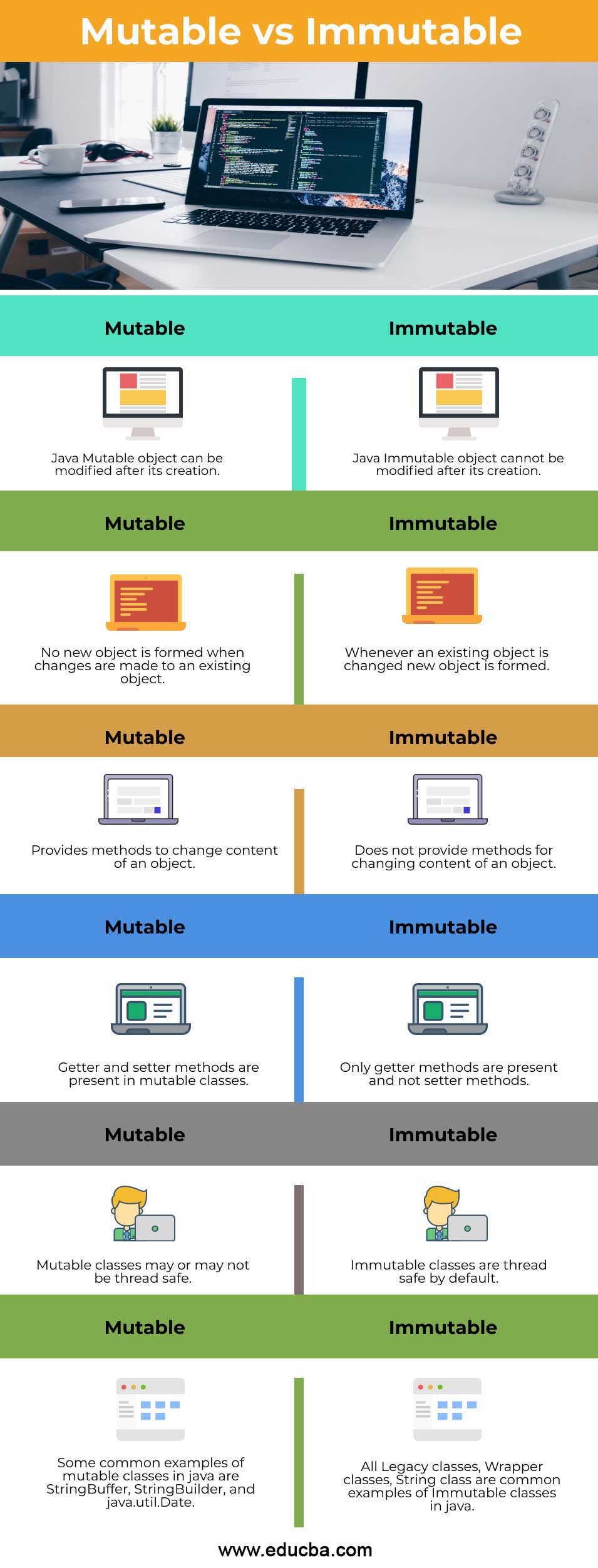What Is Immutable Strings and How It Works
In the world of programs, understanding the idea of immutable strings is paramount for creating robust and safe and secure applications. Unalterable strings refer to strings that can not be changed after they are created, making certain data integrity and predictability within the code.
The Essentials of Immutable Strings
Immutable strings, as an essential principle in shows, are personality sequences that can not be altered when they are produced. This implies that when a string is designated a worth, that value can not be altered. In languages like Python and Java, strings are immutable items, causing numerous effects in terms of memory monitoring and information stability.
Among the crucial benefits of immutable strings is that they supply a complacency in information control. Since the content of an unalterable string can not be customized, it makes sure that the original data stays intact, minimizing the danger of unintentional adjustments throughout program implementation (Why are strings immutable in Java?). This home likewise streamlines debugging processes, as developers can rely on that as soon as a string is defined, its value will certainly not be unintentionally changed
In addition, immutable strings help with reliable memory use. When a new string is produced based on an existing one, as opposed to modifying the original string, the new worth is kept individually. This technique enhances efficiency by lowering memory fragmentation and simplifying memory allowance processes. In general, comprehending the basics of unalterable strings is vital for mastering programs concepts and maximizing code effectiveness.
Benefits of Immutable Strings
Structure upon the security and effectiveness benefits of immutable strings, their benefits encompass enhancing code dependability and streamlining simultaneous programs tasks. By being immutable, strings can not be customized after production, which gets rid of the risk of unplanned modifications in the information they keep. This fundamental immutability guarantees that as soon as a string is produced, its worth remains continuous throughout the program's implementation, reducing the possibilities of insects brought on by unanticipated modifications.
Furthermore, unalterable strings add to code integrity by making it less complicated to reason regarding the state of a program. Because strings can not be altered, programmers can trust that a string will certainly always hold the exact same worth, streamlining debugging and maintenance initiatives. This predictability results in more stable and dependable codebases.

Implementation in Shows Languages
Within different programs languages, the unification of immutable strings is a fundamental aspect that influences how data is handled and adjusted within code structures. The implementation of immutable strings varies throughout various shows languages, with each language using its very own devices to support this principle.

In comparison, languages like C and C++ do not have built-in assistance for unalterable strings. Programmers in these languages have to by hand apply immutability by imposing policies within their code to avoid straight modifications to string things.
Best Practices for Collaborating With Unalterable Strings
When taking care of immutable strings in programming languages like Java and Python, adhering to finest practices makes sure reliable and safe data control. One of the vital ideal practices is to use StringBuilder or StringBuffer rather than directly manipulating strings, particularly when taking care of extensive concatenation operations. These classes supply mutable alternatives for string manipulation, helping to stay clear of unneeded memory allocations and improving efficiency.
An additional finest method is to use check these guys out string interpolation or format works offered by the language rather than hand-operated concatenation. This not just boosts readability but additionally help in protecting against common challenges such as unintended string modifications. Furthermore, when dealing with delicate data such as passwords or API secrets, it is critical to stay clear of saving them as plain text in immutable strings. Making use of protected storage devices like char ranges or specialized collections for taking care of sensitive information aids reduce safety and security dangers related to unalterable strings.
Real-world Applications and Instances
Checking out sensible applications of immutable strings in numerous markets discloses their considerable effect on data stability and system integrity. In the healthcare market, unalterable strings play an important role in making certain the protection and discretion of patient data. By preventing unapproved alterations to sensitive information such as medical records and prescriptions, unalterable strings aid maintain conformity with stringent privacy regulations like HIPAA.
Banks likewise take advantage of the unalterable nature of strings to enhance the protection of customer data and purchase documents. Immutable strings help prevent scams and unapproved alterations to financial details, supplying a robust defense versus cyber hazards and guaranteeing the depend on and self-confidence of clients.

Conclusion
Finally, immutable strings are repaired and stable series of personalities that use benefits such as thread safety and boosted performance in shows. They are applied in various programs languages to ensure data stability and security. Ideal methods for dealing with immutable strings include staying clear of direct adjustments and using techniques that return new string items. Real-world applications of immutable strings include information security, caching, and string adjustment jobs.
Unalterable strings refer to strings that can not be changed after they are produced, making certain data honesty and predictability within the code. When a new string is produced based on an existing one, rather than modifying the original string, the new value is kept separately.In languages like Java and Python, strings are unalterable by default, implying that as soon as a string item is produced, its value can not be changed - Why are strings immutable in Java?. Finest techniques for working with unalterable strings include avoiding direct visit this page modifications and using techniques that return brand-new string things. Real-world applications of unalterable strings include information security, caching, and string control tasks